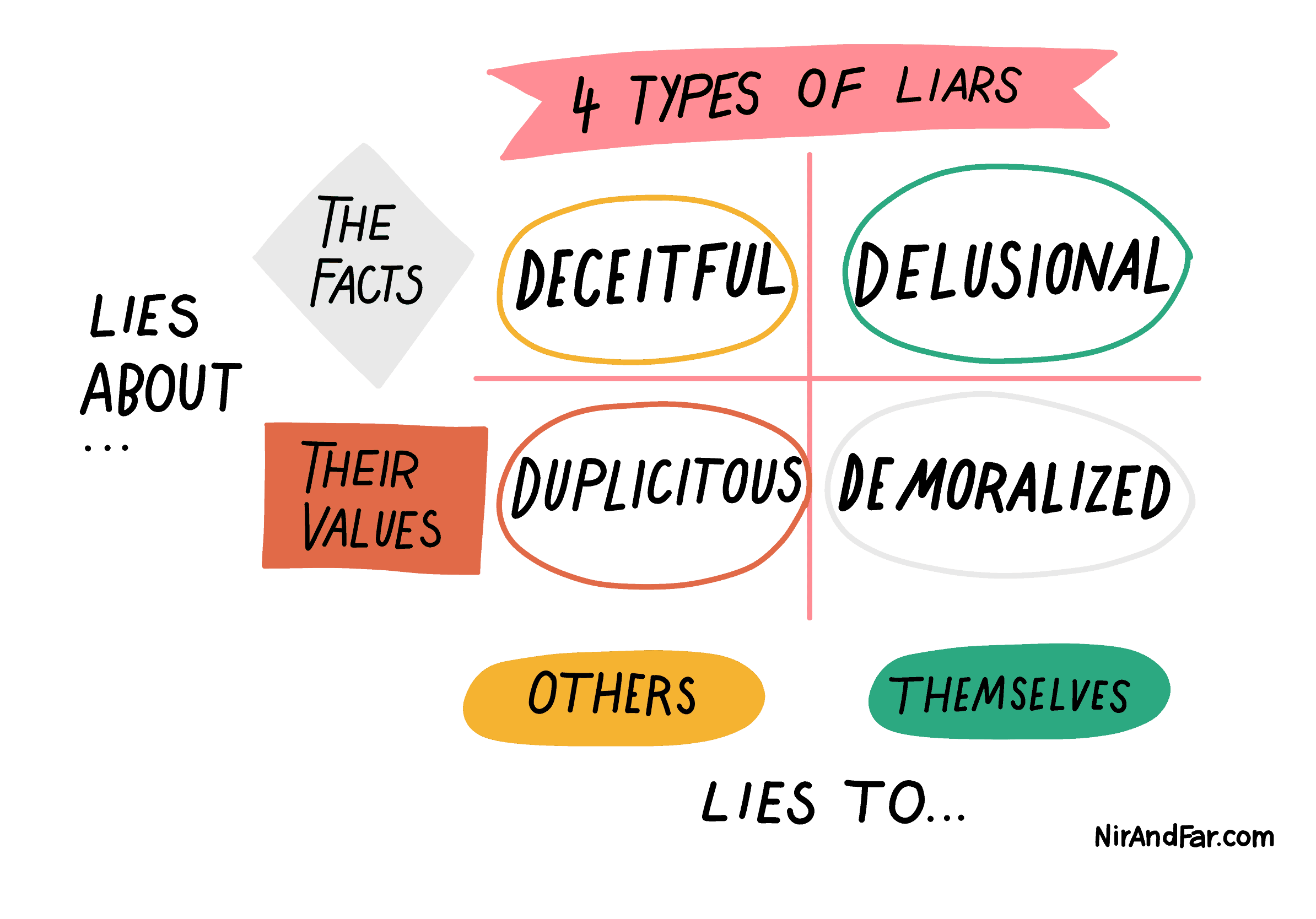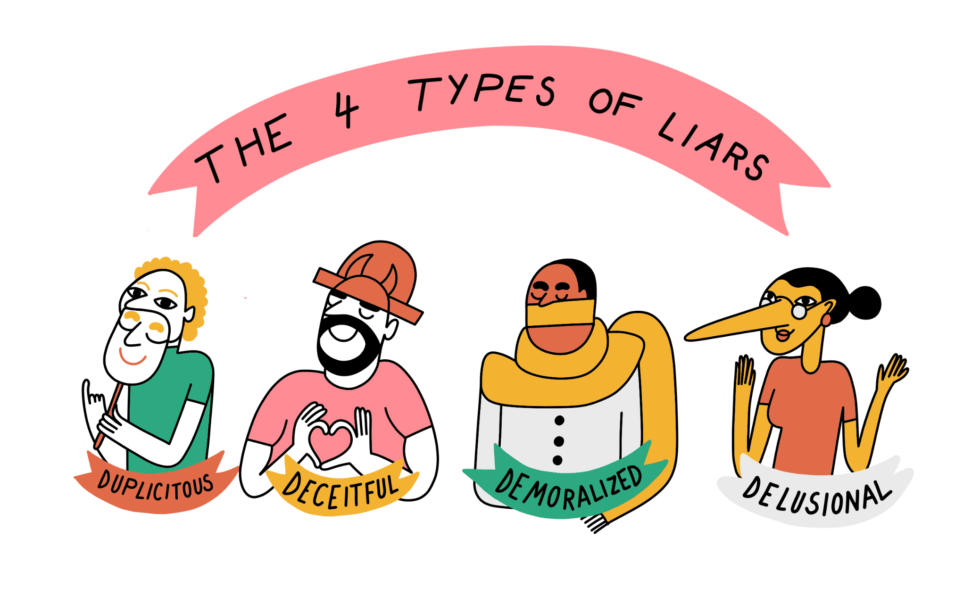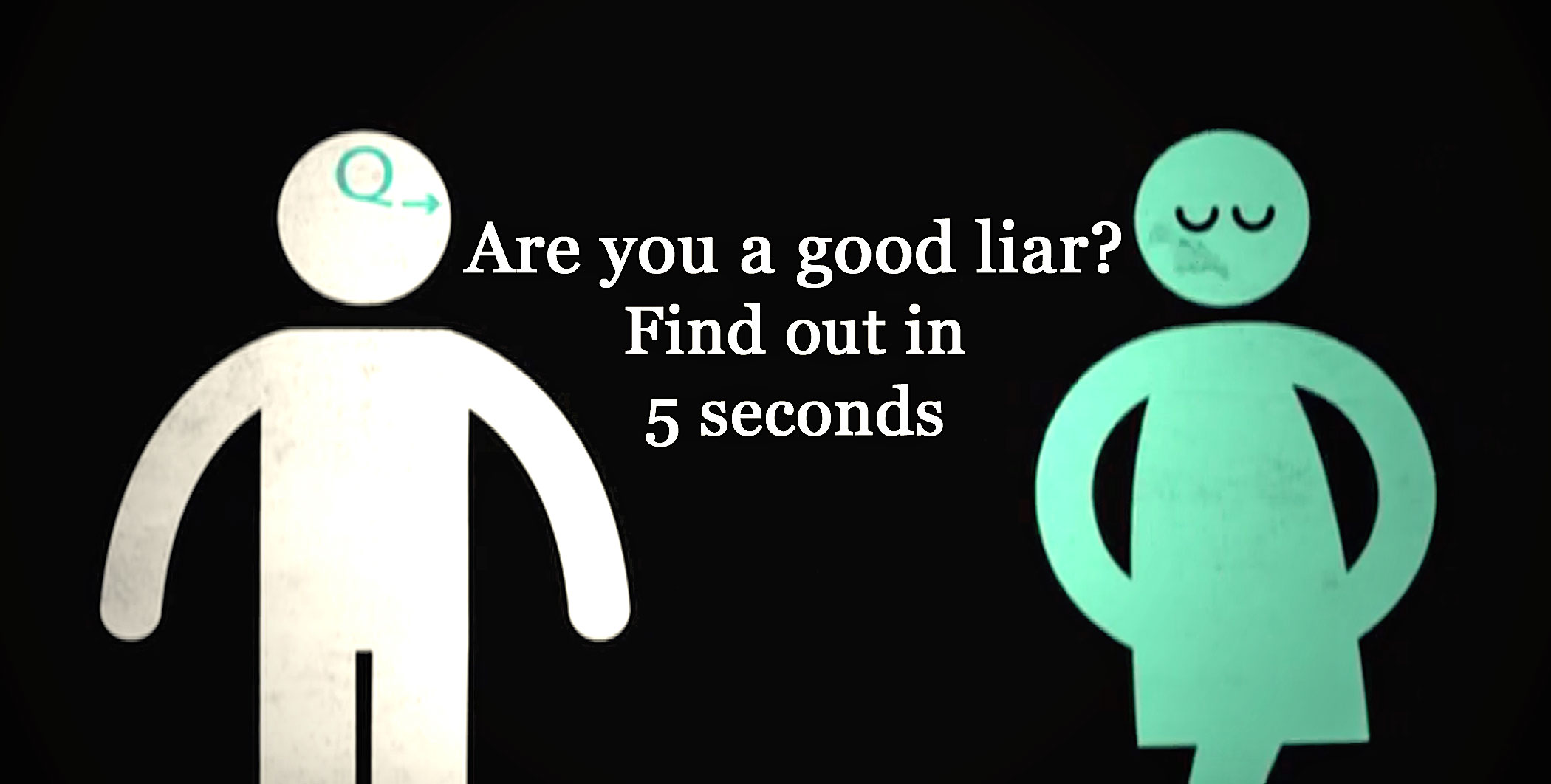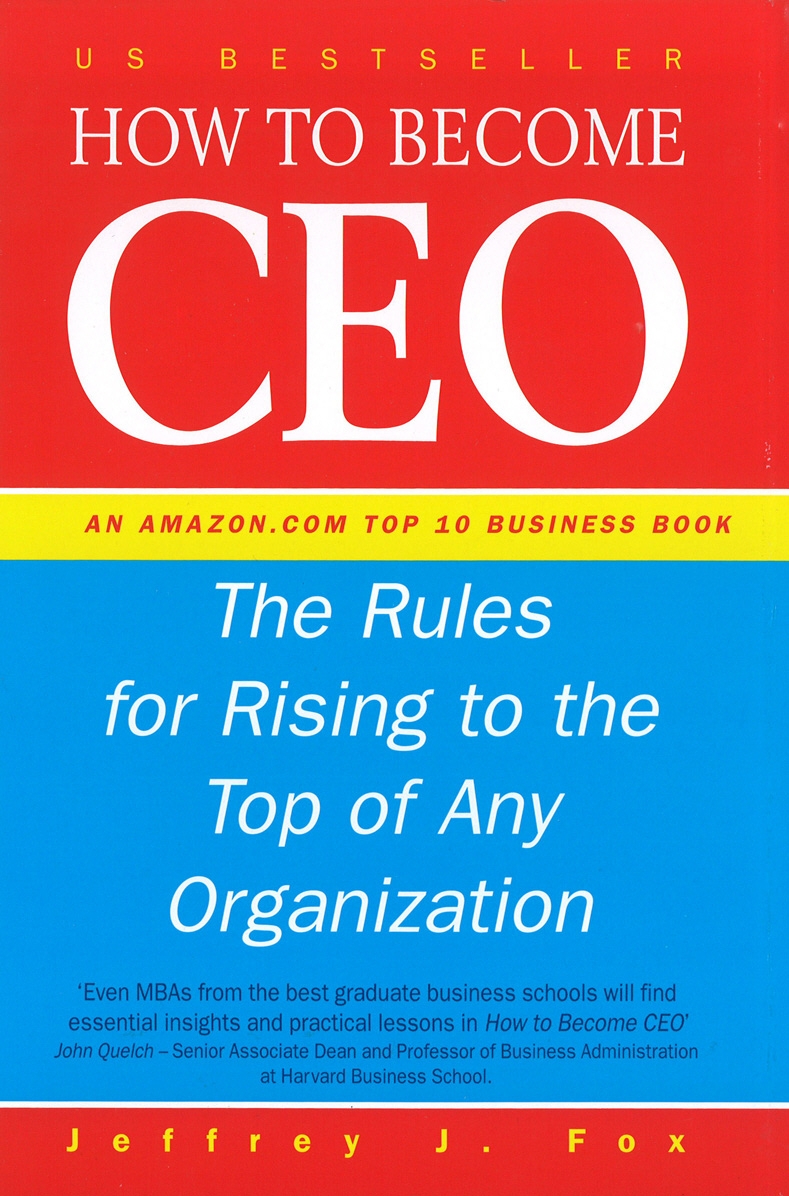Okay, let's talk fibbing. Not the kind that lands you in the doghouse, but the little white lies that make life a bit smoother, a bit funnier, or maybe even a bit more… interesting.
We're talking about the art of the believable untruth. Think of it as performance art, just on a slightly smaller, more personal stage.
The Foundation: Knowing Your Audience
First, you gotta know who you're talking to. Your grandma, your boss, your best friend – they all have different BS detectors. Understanding their expectations is key.
What would they want to hear? What are they likely to believe? Consider their personality and relationship with you.
Tailor your story to fit. It’s like ordering a custom-made lie, perfectly suited for its recipient.
The Devil's in the Details (But Not Too Many!)
A good lie has just enough detail to be plausible. Avoid going overboard; you'll end up tripping over your own words.
Focus on sensory details – what you saw, what you heard, what you felt. This adds a layer of authenticity.
Think of it like this: sprinkle in the spices, but don't empty the whole jar.
The Power of Emotion: Feeling is Believing
This is where the acting comes in. Emote! But keep it real. Nobody buys crocodile tears.
Connect your lie to a genuine emotion. Did your cat *actually* eat your homework? Maybe not. But you were probably stressed about it, right?
Use that real stress to fuel your performance. Channel your inner Meryl Streep, but on a slightly smaller scale. Focus on genuine emotion.
The Art of the Pause: Silence is Golden
Don't rush your story. A well-placed pause can add drama and intrigue. It makes you seem like you're carefully considering your words.
Think of it as a dramatic beat in a play. Let the tension build.
It also buys you time to think! Because let's face it, sometimes you're making this up as you go.
The Importance of Consistency: Keep Your Story Straight
This is crucial. Once you've told your lie, stick to it. Don't contradict yourself later.
Write it down, rehearse it in the mirror, do whatever you need to do to remember the details. Because a shifting story is a dead giveaway.
Consider developing a "lie lore" for any habitual falsehoods. For instance, if you always say you're "stuck in traffic," have a consistent route in mind.
The Get-Out-of-Jail-Free Card: Humor
Sometimes, the best defense is a good offense… of humor. A well-timed joke can deflect suspicion and disarm your audience.
If your lie is starting to unravel, try to lighten the mood. Make a self-deprecating joke. Change the subject with a witty observation.
Remember, a little laughter can go a long way.
"Honesty is the best policy… but a little fib never hurt anyone."
A Word of Caution
Remember that lying, even the little white kind, is still lying. Use your newfound powers wisely, and always consider the consequences of your actions.
Don’t let it become a habit, and definitely don't use your skills for evil! We're talking about avoiding awkward situations, not defrauding banks.
So, go forth and practice your newfound art. Just remember to use your powers for good (or at least, harmless amusement).


























